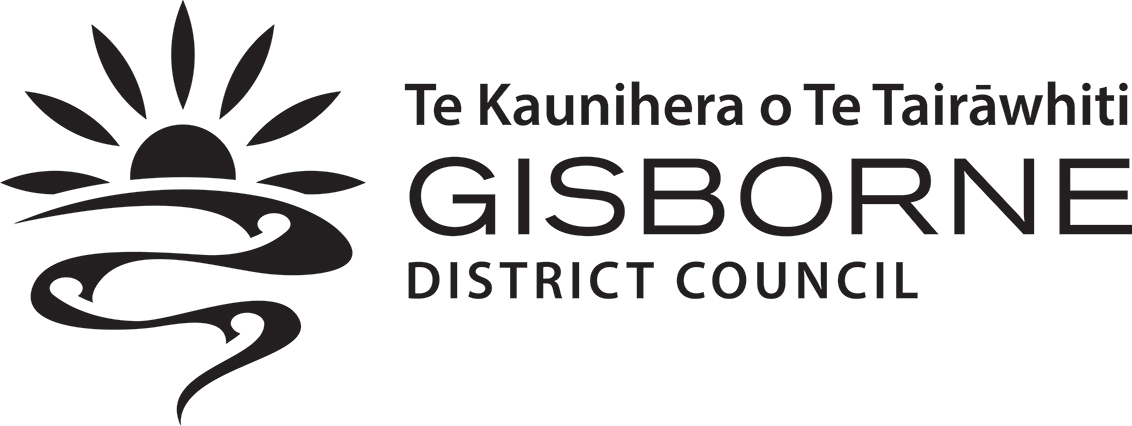31 July 2025
Gisborne District Council has lodged its formal submissions on the Government’s proposed changes to national resource management direction, encouraging Ministers to ensure reforms are responsive to the distinctive environmental, cultural and economic context of Te Tairāwhiti.
Director of Sustainable Futures, Jocelyne Allen, says while Council supports the Government’s intent to improve planning efficiency and unlock development opportunities, the proposed national direction packages require refinement to avoid unintended consequences and to reflect the lived realities of regions like ours.
“Our communities understand that change is needed, but that change must be considered, enduring and rooted in place-based understanding,” Ms Allen said.
“We need to strike a balance between enablement and environmental protection, and between national consistency and local discretion. The future of Te Tairāwhiti depends on regulation that recognises local risks, empowers regional decision-making and honours our unique Treaty relationships.”
Council’s submissions respond to all three reform packages and outline the following key positions:
- Strong support for Māori-led development, including papakāinga housing and renewable energy initiatives, provided that national direction offers practical definitions and workable consenting pathways.
- A strong call to retain the Te Mana o te Wai framework within freshwater regulation, recognising the vital role of tangata whenua and councils in setting catchment-based priorities.
- Support for rural infrastructure, water security, and housing investment, provided it is accompanied by clear environmental safeguards and community engagement mechanisms.
- Advocacy for local discretion in managing land use in hazard-prone areas and sensitive receiving environments, recognising the lessons learned from extreme weather events.
- Strong concern regarding proposed changes to commercial forestry regulations, which could lower environmental performance thresholds and restrict councils’ ability to manage erosion-prone hill country and mitigate sediment and slash risks.
“The potential risks of poorly calibrated regulation aren’t imagined, we’ve experienced them firsthand,” Ms Allen said. “Cyclone Gabrielle reinforced how essential it is that regulation reflects the physical landscape and community realities. We cannot afford to repeat the past by embedding vulnerability into national direction.”
Council also notes that several proposals introduce additional responsibilities for monitoring, compliance, and mapping, and has suggested more certain resourcing and cost-recovery provisions to support implementation.
“Council sees a critical opportunity for the Government to embed stronger cost-recovery mechanisms into national direction. As regulatory responsibilities deepen, so too must the resourcing framework, to ensure communities receive the level of service, environmental protection, and infrastructure oversight they deserve,” Ms Allen said.
Council remains committed to working constructively with central government to help shape a future-focused, resilient, and equitable resource management system.
“The Government has the opportunity to design a system that works not just in principle, but in practice, one that Council welcomes and is committed to contributing to.”
Read Council’s submissions
- Package 1 – Infrastructure and Development
- Package 2 – Primary Sector
- Package 3 – Freshwater
